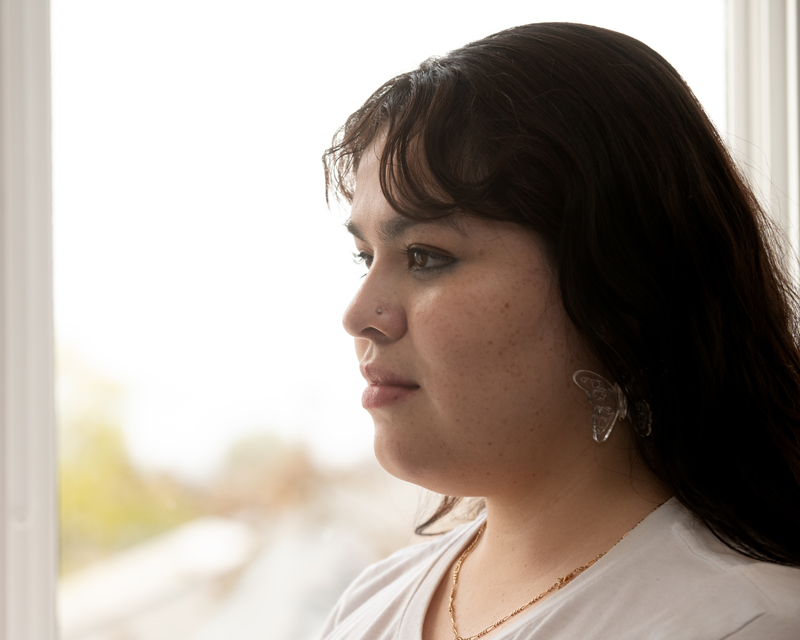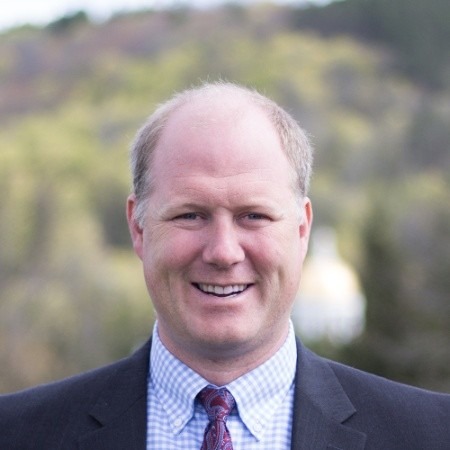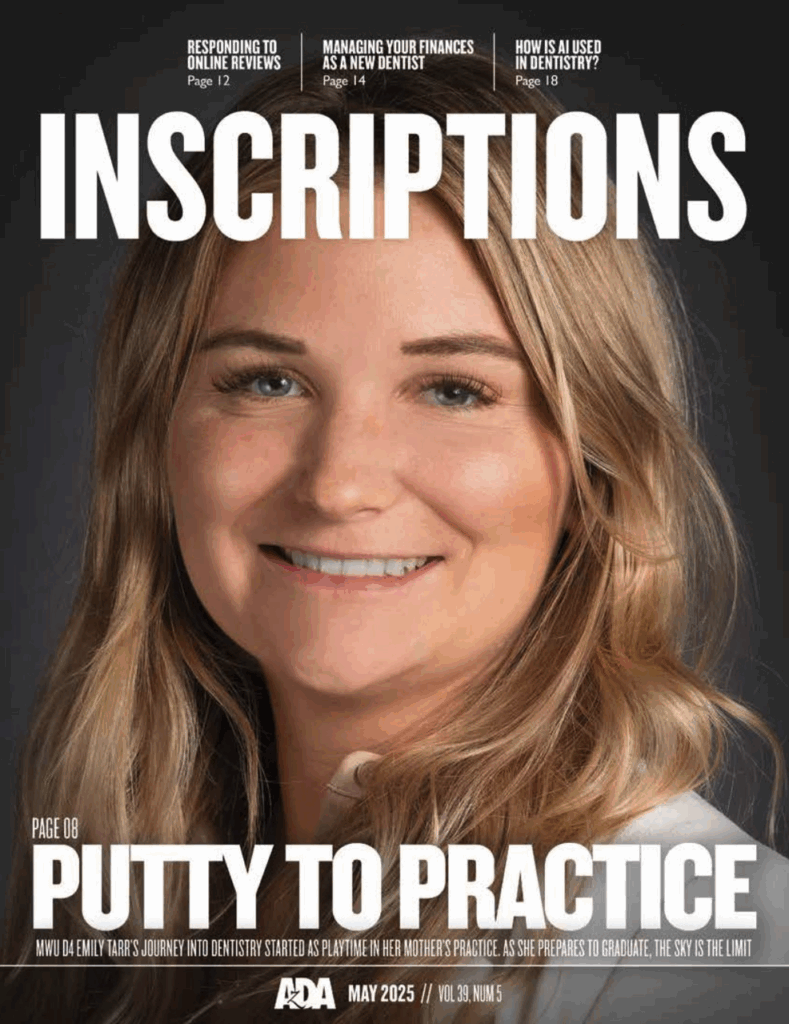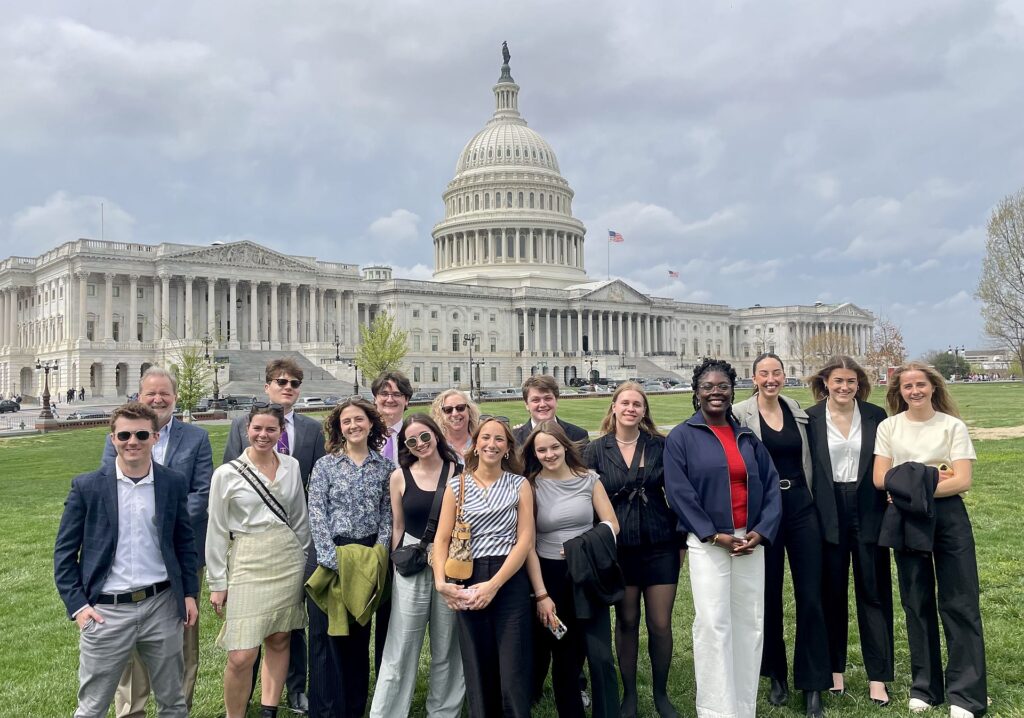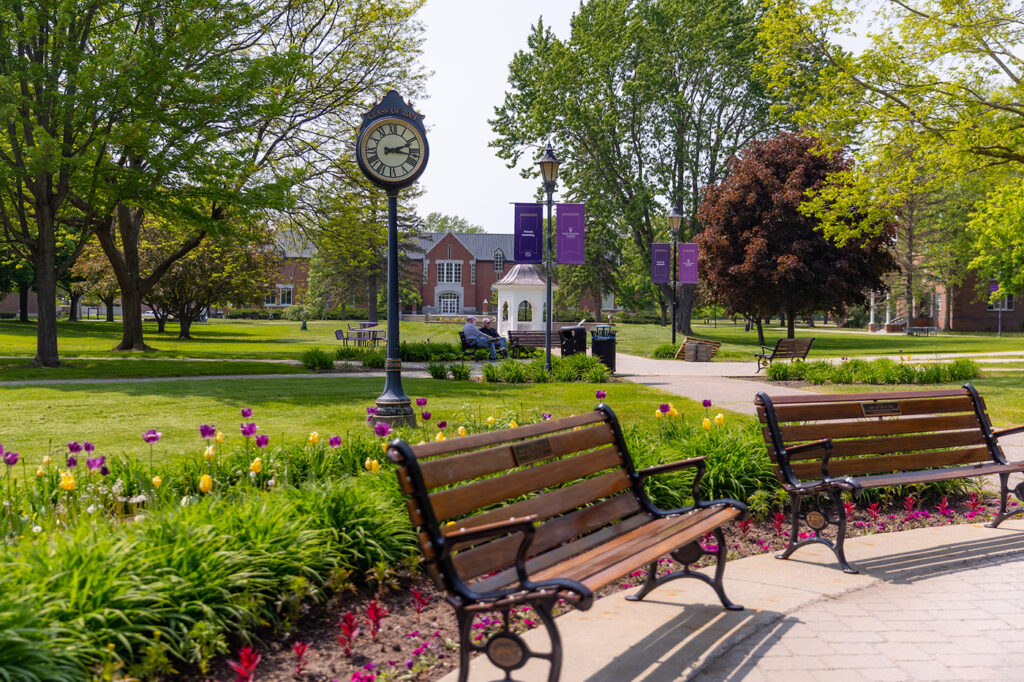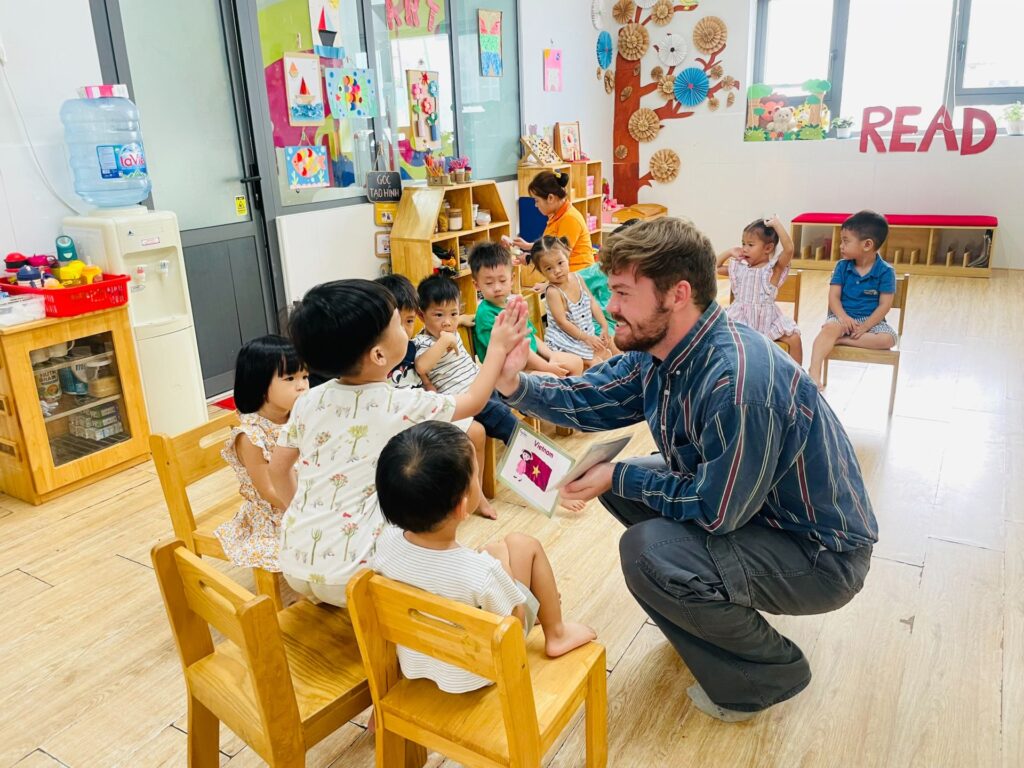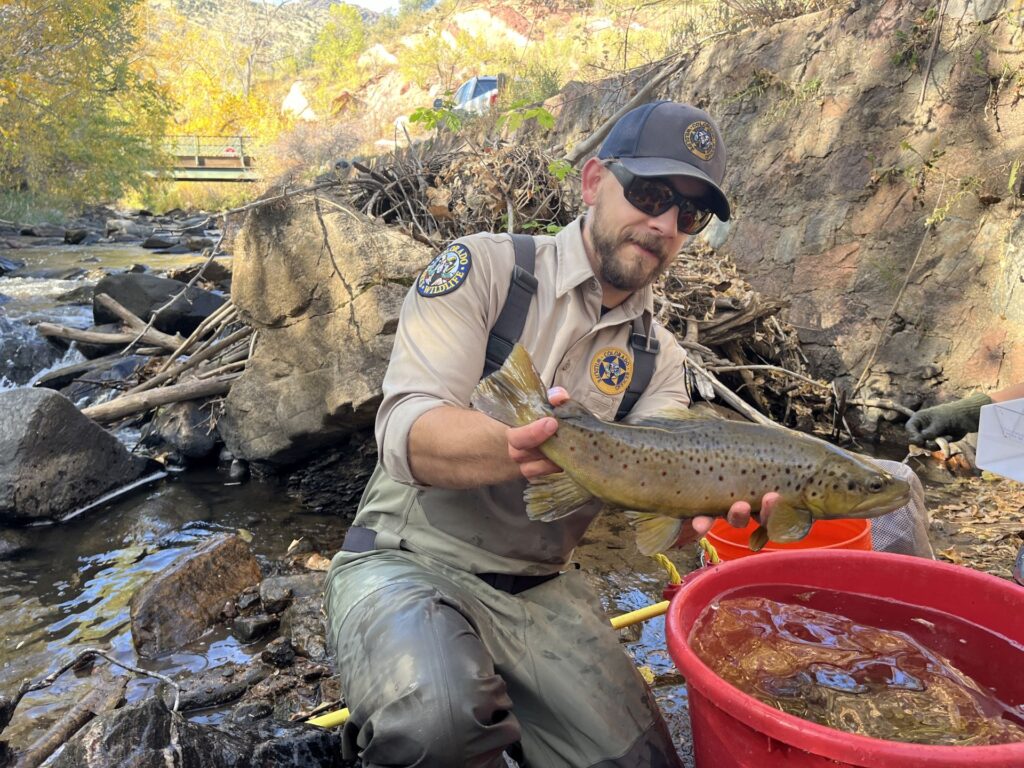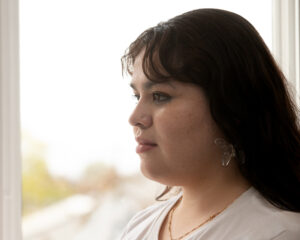
Isabella Paredes Mendoza ’24. Photo by Jerry Swope
When I was doing research for my senior seminar project on language access and justice last fall, the name Omara Rivera- Vázquez came up often. I would hear about her efforts and commitment to restorative justice, and most specifically, language access in restorative justice (a process that allows limited-English-proficient [LEP] individuals access to a wide range of services). She was someone I needed to talk to. As I was walking through the St. Edmund’s hallway one day in November, I was surprised to see her name on one of the office doors. She was about to start her position as director of the Center of Equity and Justice. We were going to have one of the key players of language justice on our Campus.

Omara Rivera- Vázquez. Photo by Jerry Swope
The first time I met Rivera-Vázquez, I felt an instant connection. She is from Puerto Rico and I am from Peru, so it was immediately comforting to have a staff member with whom I could speak Spanish. In our conversation, I could sense her warmth toward students, and her willingness to work toward making our school a more diverse, equitable, and inclusive place, values forming the basis of the DEI framework.
But what is DEI? DEI stands for diversity, equity, and inclusion. These three words represent a set of beliefs but also an organizational framework that acknowledges several disparities in our society when it comes to opportunities. They express a willingness to work toward an environment that is more welcoming and embracing of all, creating a space where everyone can thrive.
When I asked Rivera-Vázquez what DEI meant to her in the context of the Center for Equity and Justice, she explained that “in keeping with the mission of Saint Michael’s College, the center organizes conferences, seminars, lectures, and community convenings that bring together experts, staff, faculty, students, and community members with diverse interests and backgrounds.” For Rivera-Vázquez, the center acts as a bridge between students, faculty, and staff, recognizing the dignity of all persons and welcoming and affirming people’s efforts to be their whole selves.
Rivera-Vázquez’s work has an intersectional focus on equity and justice, with special prominence given to racial equity. During the 32nd Annual Dr. Martin Luther King Jr. Convocation in January, she conducted a listening session. Her goal was to ensure that she heard a diverse pool of voices from Saint Michael’s. “This session helped me understand both the strengths and the growth opportunities when it comes to centering the experiences and needs of historically underrepresented and marginalized identities at our college,” Rivera-Vázquez said.
Rivera-Vázquez has a strong vision for the future of Saint Michael’s and DEI. In listening to a wide range of students, faculty, and staff, Rivera- Vázquez noticed that the most prevalent theme in her conversations was the desire to develop a clear call to action on naming and pursuing solutions to equity issues. “The center now has a steering committee, and we are working to form a student advisory,” Rivera-Vázquez said. The next step for the center is to co-create a strategic plan from the listening session findings. For DEI work to be powerful, we need the whole community to be active participants. “We will continue working hard toward advancing this vision while elevating our work toward collective liberation!” Rivera-Vázquez said.
Although the terms might be new and unfamiliar to some, the values of DEI have always been part of Saint Michael’s. At the core of the Edmundite Catholic mission lies the belief that experiencing new perspectives, cultures, traditions, and ideas helps us become fuller and more compassionate people. Rev. David Theroux, SSE, instructor in the religious studies department, director of the Edmundite Center for Faith and Culture, and director of the Edmundite Center for Peace and Justice, sees how the principles involved in DEI reflect the social justice principles the Society of St. Edmund follows. “The importance of inclusion, treating all people equally and with dignity … these are elements DEI stands for, and so do Catholic values.” For Fr. Theroux, efforts need to go beyond the spaces on campus dedicated to students of diverse identities and instead involve the whole Saint Michael’s community. We need everyone to participate.
As I prepare to leave Saint Michael’s, I look back on my years on campus and reflect on the progress made. As a Latin American student leader, I am grateful to all the people working to make this community a more embracing place for all. I leave hopeful and eager to see more of Rivera-Vázquez’s work with the Center of Equity and Justice, leading us toward a true “beloved community.” Most importantly, I leave hoping for every single person in our Saint Michael’s community, whether student, faculty, or staff member, to play a role in our journey toward collective liberation.

For all press inquiries contact Elizabeth Murray, Associate Director of Communications at Saint Michael's College.
